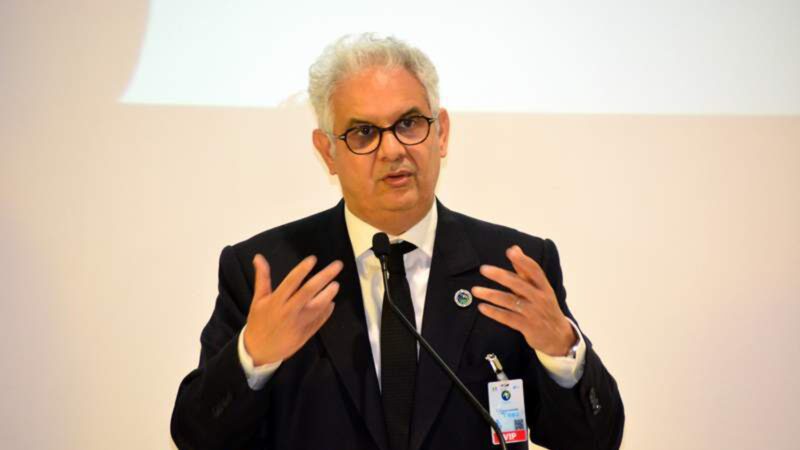During this event dedicated to the official launch of the Food and Agriculture Organization (FAO) of the United Nations’ initiative on national water roadmaps for 2030, Mr. Baraka highlighted Morocco’s commitment, since the 1960s, to mobilizing its water resources through the visionary leadership of the late King Hassan II and His Majesty King Mohammed VI.
The Kingdom has also committed, since the 1980s, to dynamic and anticipatory planning of water resources across all hydraulic basins, the minister added during this panel held under the theme “Political Cooperation for Integrated Water Resource Management.”
“The Moroccan water policy is currently being realized through the National Program for Drinking Water Supply and Irrigation for the period 2020-2027, developed to address the consequences of successive years of drought since 2017 and to reduce the vulnerability of water supply systems to the risks of scarcity,” he noted.
To this end, the minister outlined the four pillars on which the national water policy of the Kingdom is based.
The first pillar, he explained, concerns the development of conventional water resources, notably through the accelerated construction of large dams, rainwater harvesting, major water transfers between basins, the mobilization and sustainable management of groundwater resources, as well as the dredging of dams.
The second pillar focuses on the development of non-conventional water resources, particularly through the desalination of seawater to ensure the drinking water supply of coastal cities, as well as through the reuse of wastewater for irrigation of green spaces and the artificial recharge of aquifers.
The third pillar concerns the management of water demand, notably through groundwater contracts aimed at ensuring the preservation of groundwater resources, as well as improving the efficiency of drinking water networks and multi-service channels and pipelines.
The fourth and final pillar, which is transversal and accompanies structural projects, aims to raise public awareness about water scarcity and conservation.
The FAO initiative on national water roadmaps for 2030 aims to support countries in integrating water into their national policies and strategies to achieve the Sustainable Development Goals (SDGs) by 2030.
The national water roadmaps are tailored to each country and provide regional and national perspectives to guide the planning and integrated management of water resources according to internationally agreed principles.
The opening ceremony of the Forum was marked by the awarding of the 8th Hassan II World Water Prize to the FAO in recognition of its commitment to the global water agenda and food security.
The Hassan II World Water Prize is awarded every three years during each edition of the Forum in recognition of project initiators who have made significant contributions in the fields of development and use of water resources, at scientific, economic, technical, environmental, social, institutional, cultural, or political levels.


